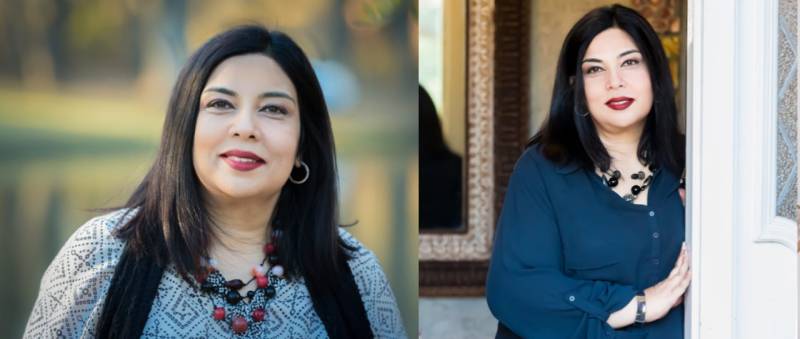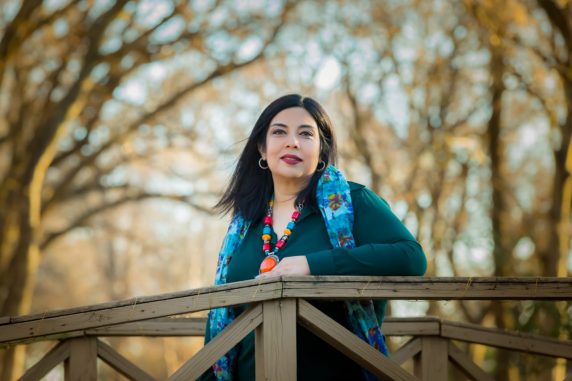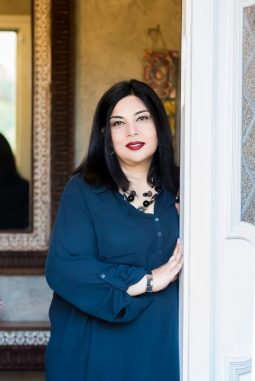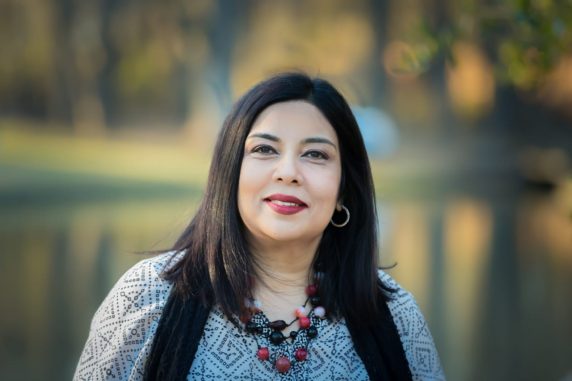You Told Me To Be A ‘Mard’-- Getting Carried Away With Toxic Masculinity

According to relationship expert Dr. Sheeza Mohsin, this does not help in achieving equality instead it fuels isolation, where we end up dividing and judging each gender based on past experiences and further fuelling the toxic masculinity that we set out to negate in the first place.
During a recent Instagram LIVE discussion with Rasikh Ismail Khan (entrepreneur, influencer & restaurateur), Dr. Mohsin explained that, 'Masculinity is considered a privilege, whereas it’s a façade that represents strength come what may. What often gets ignored is that women are as much enablers of this façade…Our media puts forth images of the male perpetrators but what about the subdued dads, and supporting husbands who don’t get acknowledged’.
For starters, one can’t deny that in Pakistani culture, there is a stark difference when it comes to freedom of expression. Besides anger, many times a man is not given the privilege to express and show emotion. Instead, we consciously encourage the masculine façade that represents strength. Dr Mohsin talked about gender roles that get stereotyped in our culture, such that if a dad is helping in the home while his wife has the more prominent work roles, he is judged as incompetent. She questions, 'Why is there not enough positive representation and reinforcement of those figures?'. The gender roles we have seen through time enforce and train man to be the bread winner of the family. Even though the role of women has started to morph into more than just the housemaker. Women today are much more independent and thus what they seek in their spouse is more than just financial security.

It was interesting that Dr Mohsin pointed out that younger men are more supportive and have been creating great robust equations of equality in their relationships. Unlike yesteryears, the younger generation of women seek compassion and empathy in their partner. Unfortunately, we seem to have forgotten to prepare our men for this. The doctor emphasized that we have completely discredited the Pakistani man’s need for compassion and kindness. Stripped of these needs, they struggle to reciprocate the feelings to the opposite gender. As the doctor aptly explains, 'If society does not give men space to emote…we don’t aid our sons to seek the human that resides within. We don’t help nurture or build their EQ. How can we expect them to give this to others?'.
Parents can play a pivotal role in helping eradicate these enforced avatars. 'The narrative changes when a baby boy is born. Instead of feeding and pushing stereotypical toxic cultural norms in his mind, as parents we should opt for raising empowered, compassionate boys', suggests Dr. Mohsin. She further explains, instead of enforcing gender roles at a tender age, parents should allow the children to be. It’s okay if a boy likes pink or if you decide to put a kitchen in your child’s playroom and give your daughter cars instead of dolls. The important thing is to allow children to emote instead of shunning their feelings. Check in on your teenage boy’s emotions every once in a while, and if you as a parent feel lost, then don’t be afraid to seek help from a professional therapist.

Doctor Sheeza also addressed the importance of educating children and teenagers about sexual health. She says, 'Sexual health is a big component of education. Our community is far from safely pursuing this subject. The doctor also explains that by not addressing sexual health, the young adult is exposed to things like rape and sexual molestation.' She further adds, 'By educating our children, we help them understand their biological and physiological needs. They learn why they need to respect their body. Without education, they will eventually be a victim of objectification among other things. Help them make healthier decisions, help them understand the bad touch even and in turn help them stay safe.'
Dr Sheeza is a multicultural couples and family therapist who works with clients online. Connect with her via her website: http://sheezamohsin.com/what-we-do
Her book ‘Behind Closed Doors': Healing the Emotional Struggles of South Asians; is now available on Amazon (https://www.amazon.com/Behind-Closed-Doors-Emotional-conflicting-ebook/dp/B084Q2Y3TG)
To view the full version of the Instagram LIVE discussion click on the following link: https://www.instagram.com/tv/CB0t5JapQjs/?igshid=peolw6mi2f1u

